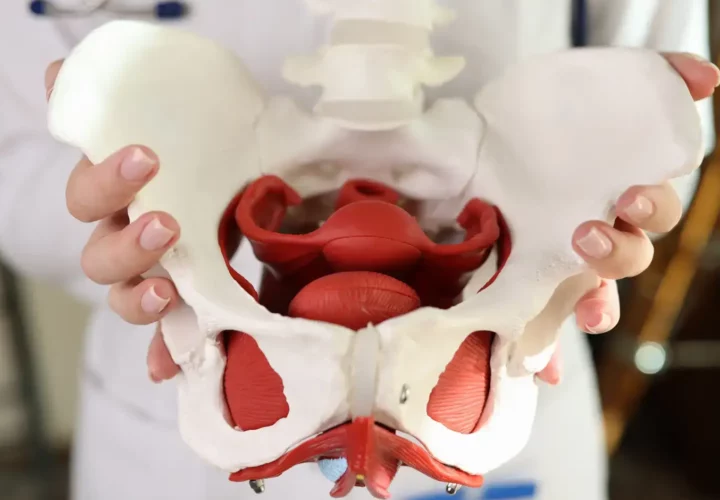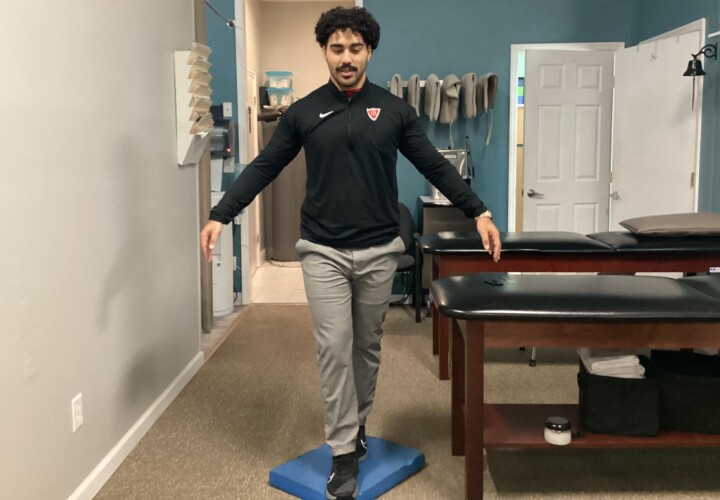If you are anything like me you don’t share your emotions with others. It could be because you don’t want to be a burden or you just don’t think they’ll understand. Maybe it’s because when you do, you break down and cry. Lately though I have been realizing how important sharing is to my health. One way of sharing is joining a support group.
Back in the day people found their support groups inside their social groups. This could have been knitting club, book club, talking to your nail stylist, or two best friends. My support group consists of a few good friends, my parents, and my grandma who I live with. One of my friends groups consists of a few ladies from her church, some close friends, and her therapist. These groups can consist of whoever you feel comfortable sharing your thoughts and life with.
Support groups occur once or more throughout the week and are a great resource for people who just need someone to listen. This is also a great thing if you need help taking control of your life. Not only do people in support groups listen to what you have to say, but they also give advice. Other people may have gone through the same thing you are and what helped them might help you too. An effective group helps through mutual support. If you feel as if not just anyone will understand your situation, try a support group with what you’re dealing with. There are support groups for just about everything. Cancer, CP, MS, divorce, depression, anxiety, pregnancy, loss of a child, drinking, Alzheimers, for families of people who have a condition, people who overeat, really anything you could deal with has a support group.
Evidence shows that peer support in any case has played a critical and effective role in changed behavior towards their condition and attitude in life. Overall evidence shows that social support improves self efficacy, health status, and self care skills. For people with certain conditions or diseases evidence proved to decrease morbidity and mortality rates, increase life expectancy, increase knowledge of their condition/disease, reduce emergency services, and improve medication adherence. Lastly, people who join support groups have reported to have less depression, heightened self -esteem, and improved quality of life.
Support groups are beneficial for everyone. Next time you feel like your condition or life is overwhelming you, reach out to someone who will listen and support you.



